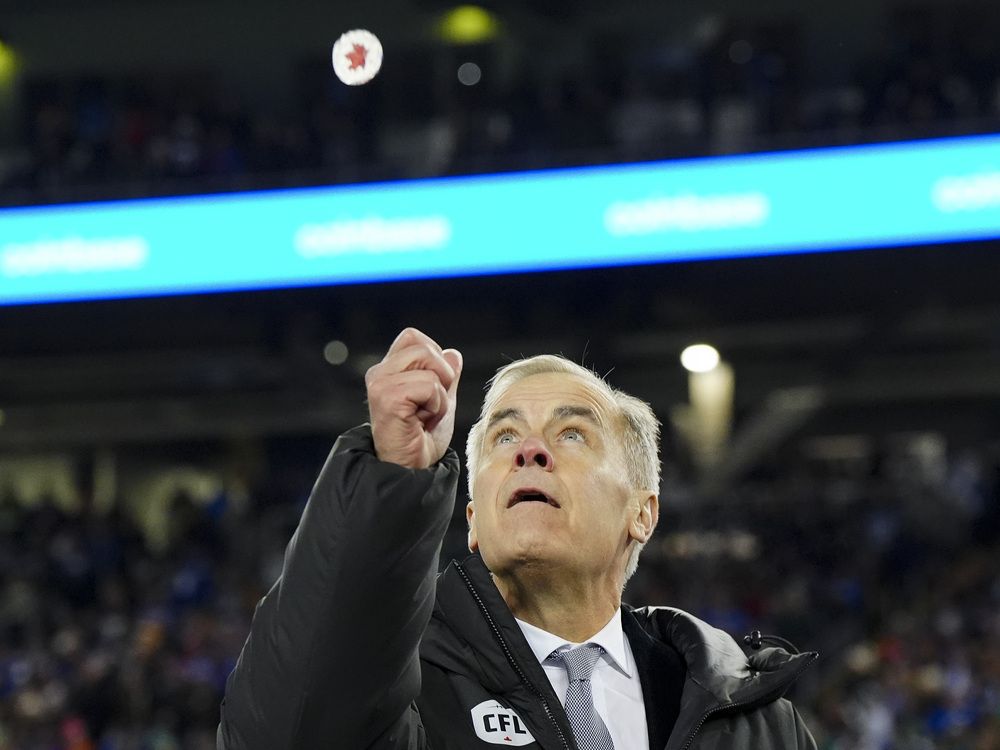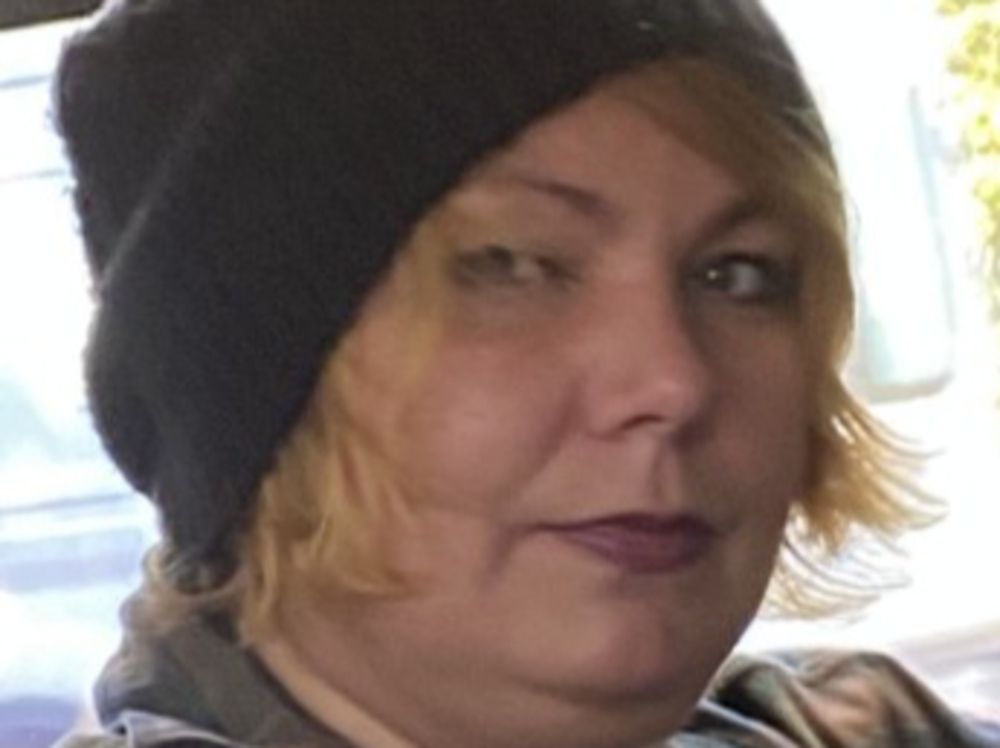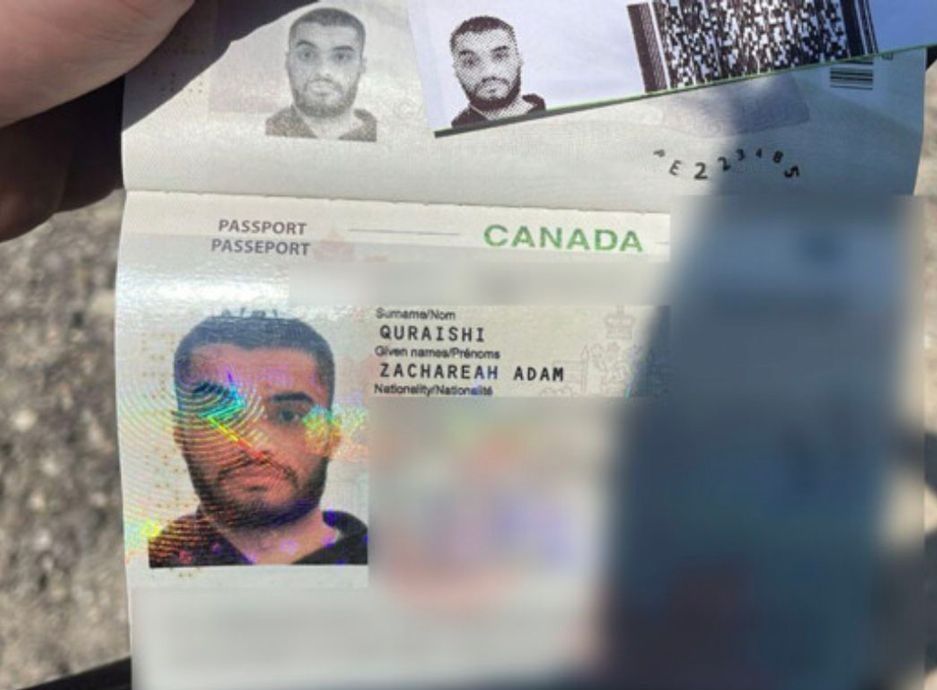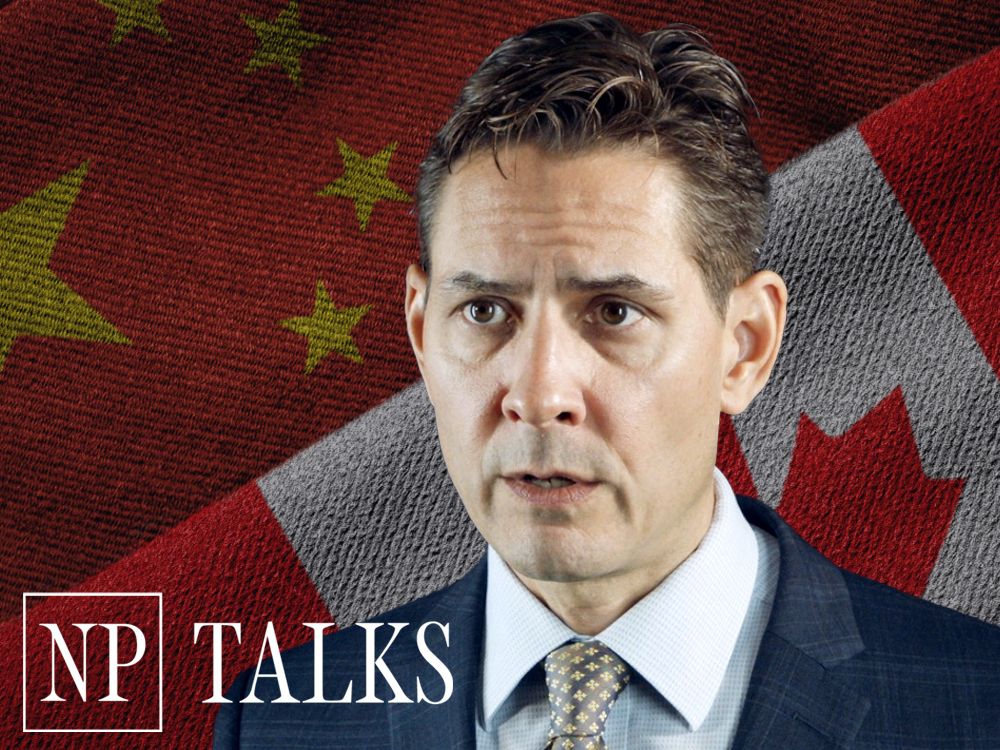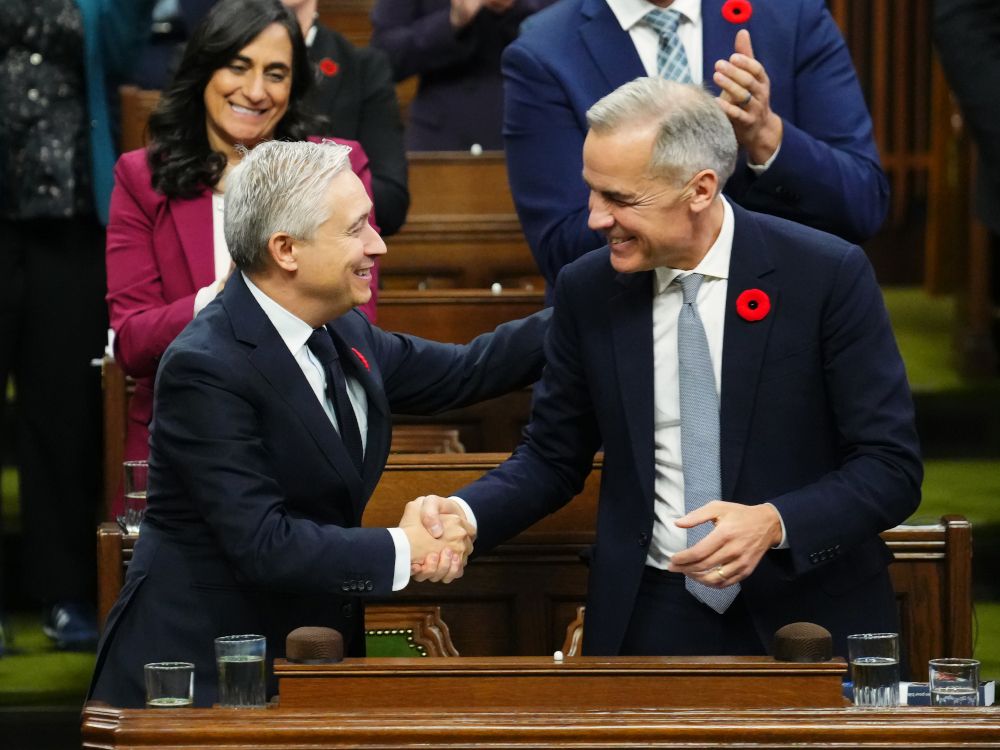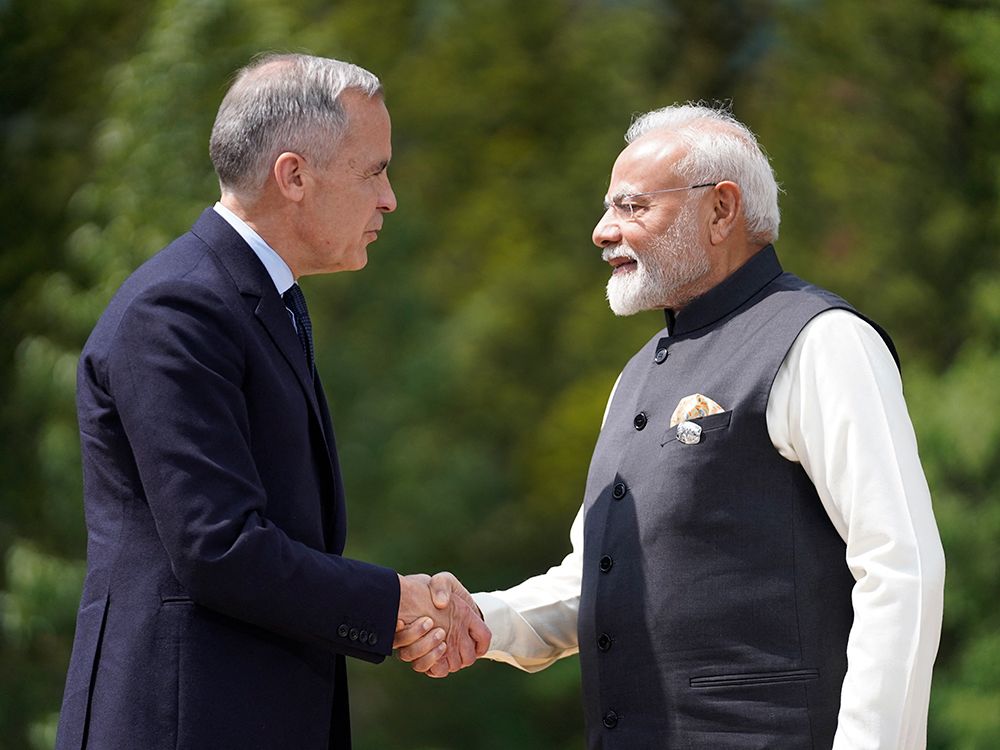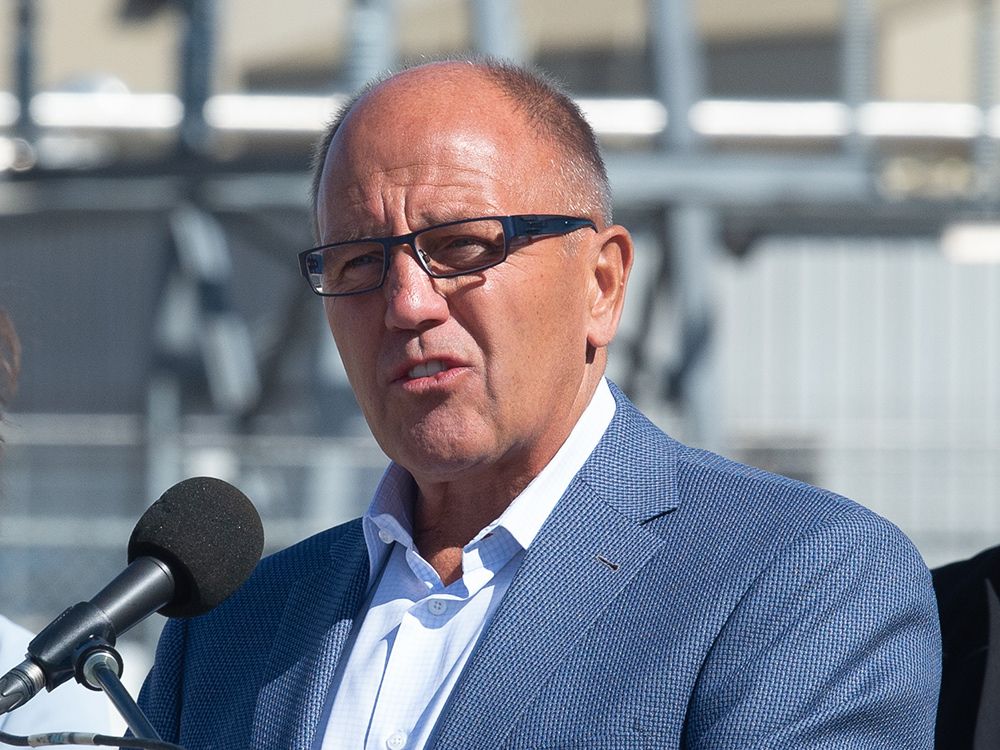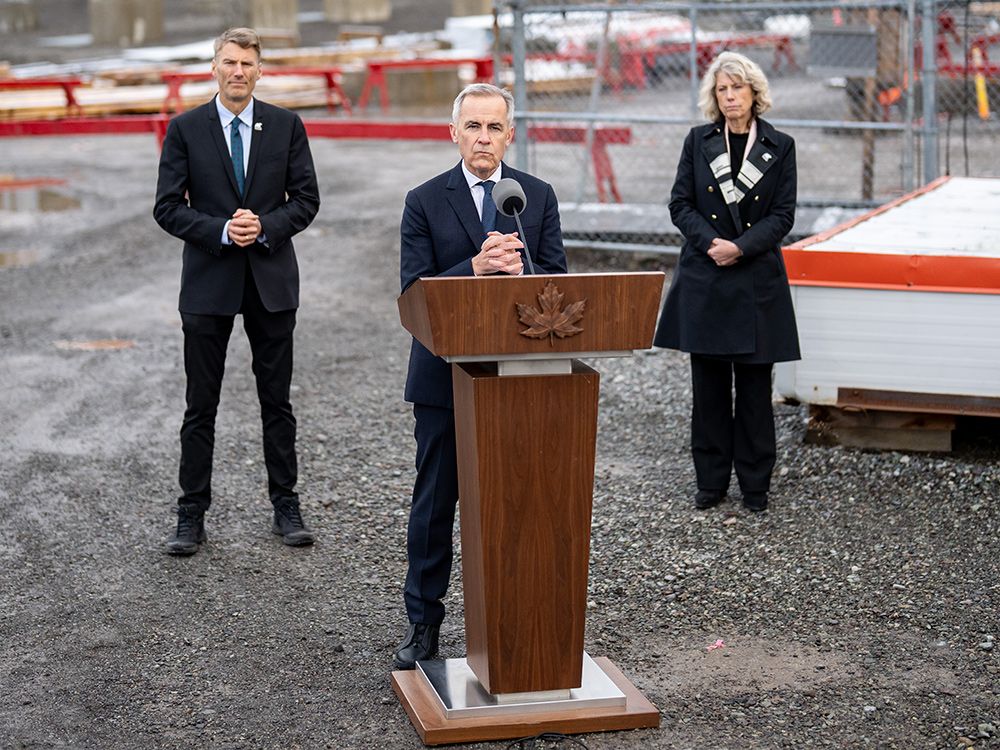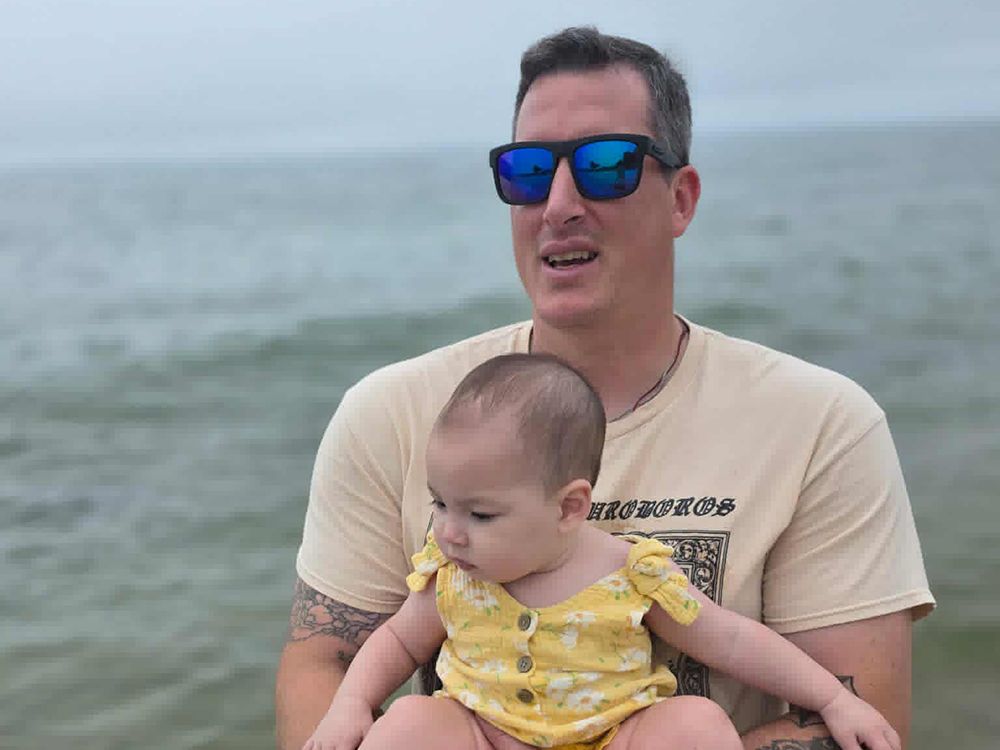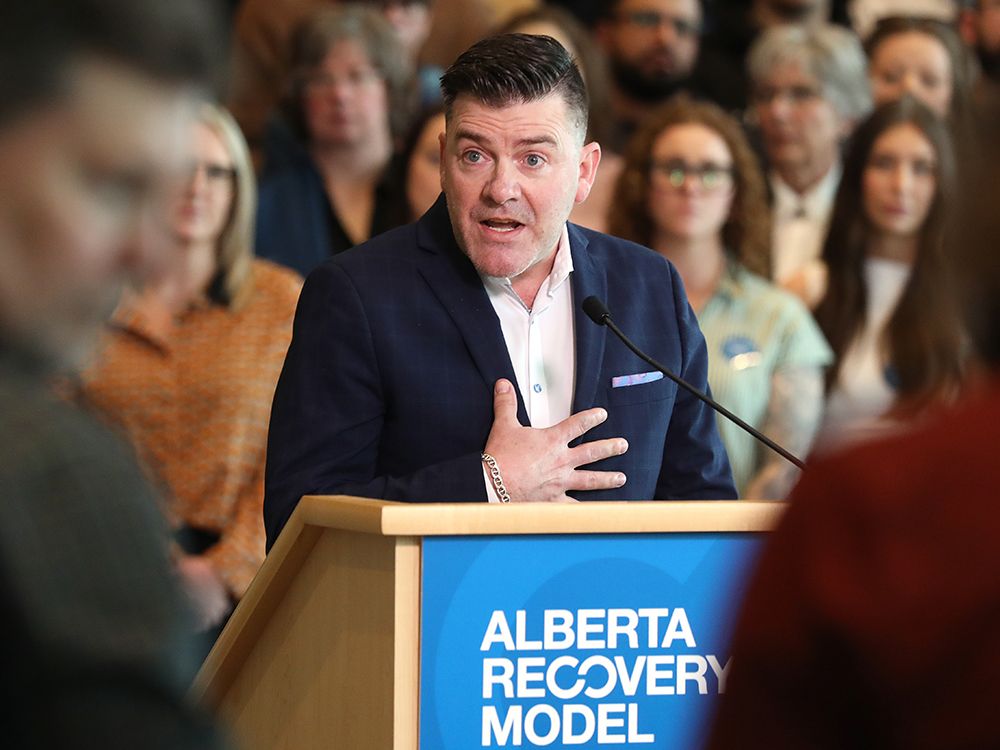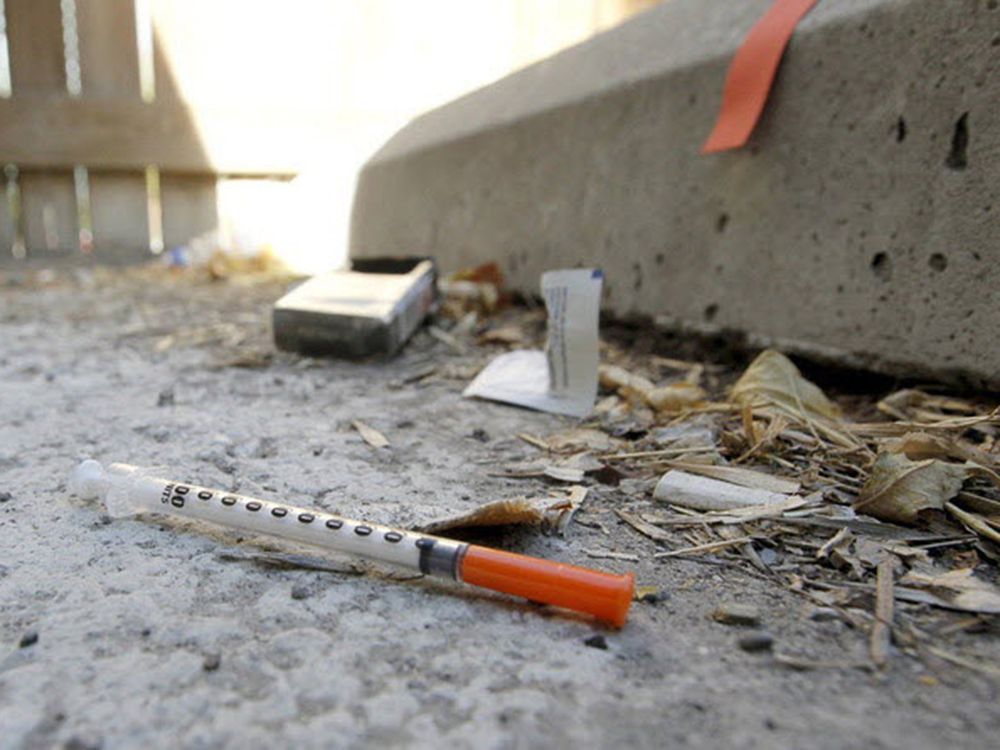
Timothy Rohan headed out from his home in Holyoke, Mass., eight years ago on an unlikely mission.
The construction worker planned to shoplift supermarket bags of shrimp, then sell the purloined shellfish to bodegas in the city’s gritty downtown. The cash proceeds would feed his desperate need for fentanyl.
The scheme ended abruptly when two police cruisers pulled up beside him, the officers ordering the young man onto the pavement and locking him in handcuffs. A few hours later, guards hauled Rohan from a cell in the local courthouse and brought him before a judge – though he had stolen nothing and been charged with no crime.
Rohan’s mother, he discovered, had applied to have him committed to a drug-treatment centre under a Massachusetts state law known as “
Section 35
.”
Rohan spent the next 45 days at a treatment facility inside the county jail. There were relapses and four more committals in the years afterward. But he says that first stint planted a “seed of hope” that grew steadily. He’s been clean for two years, has started a family of his own and is holding down a rewarding job. Rohan, 36, unequivocally credits the state’s involuntary treatment program for rescuing him from a “suicidal” addiction.
“The program itself saved my life,” he says. “Without a doubt (if not for the program) I’m sure I would be dead … The day-to-day life of an addict is a million times crueller than getting handcuffed.”
Compulsory drug treatment is not new. More than
30 U.S. states
and many European nations have had programs for years. But the concept is drawing increasing interest as opioid and methamphetamine epidemics continue to wreak havoc, causing thousands of overdose deaths a year, triggering drug-induced psychoses and contributing to the homeless encampments that fill many of North America’s public spaces.
Alberta, in fact, is developing the first
involuntary treatment program
in Canada. Like the process that forces mentally ill people judged a danger to themselves or others into hospital, the system will allow families, doctors, police and others to apply to commit a user, with the requests adjudicated by a three-person committee.
There’s been talk of such measures elsewhere in Canada, too. Ontario’s Conservative government is looking at forced drug treatment for some
jail inmates
, while the Manitoba NDP just passed legislation allowing authorities to detain methamphetamine addicts and other heavily intoxicated people for up to 72 hours. Before losing an election last year, former New Brunswick Premier Blaine Higgs, a Tory, promised to introduce involuntary therapy for severe substance-use cases. British Columbia’s NDP administration
permits it
for those with a combination of mental-health conditions and addictions.
But the idea is, to say the least, hotly debated, with opponents arguing that mandated treatment is ineffective and traumatic at best, deadly at worst.
“Forcing somebody to get clean that doesn’t wanna get clean, you’re not helping anybody,” says one unnamed Massachusetts user interviewed for an
American academic study
published last year. “If you had to put them in handcuffs and shackles, and forcibly bring them into a treatment program, they clearly don’t wanna go … They’re still ready to get high when they get out.”
That state’s program has been panned by others, as well, often based on the fact male addicts are sent to treatment facilities inside jails, which detractors say criminalizes the disease of addiction. The Prisoners Legal Services group pointed to
testimony from users
who complained of crude insults from jail guards, time in solitary confinement and strip searches. Their treatment was in a different facility than the one Rohan attended.

Canada, meanwhile, has a dire shortage of beds to meet the demand even for voluntary care, critics say.
“There’s some pretty convincing evidence that involuntary treatment has higher rates of relapse and overdose post-discharge,” says Ian Culbert, executive director of the Canadian Public Health Association (CPHA). “It is illogical. It is an ideological approach that is not backed up by the evidence.”
A justifiable intervention by the state?
Around the debate floats a more fundamental question: is pushing someone with a life-threatening addiction into treatment a justifiable intervention by the state, or a breach of basic personal freedoms?
Culbert argues the move toward involuntary treatment stems largely from the law-and-order philosophical bent of some politicians. Alberta, which is embracing the idea most thoroughly, has arguably the country’s most right-wing provincial government.
But proponents of the province’s plan say critics harbour their own biases, especially a dedication to harm-reduction programs like the controversial “safer-supply” of less-dangerous opioids while misrepresenting research on the issue. A
blog post
from one activist group suggests mandated treatment is the product of a “settler colonial state built on carceral logic.”

Architects of Alberta’s program say they’ve learned from the weaknesses of the Massachusetts system — one of the most heavily used in the U.S. — and designed a less-punitive process, to be run by medical professionals in health facilities, with no role for jails or the courts. The province has dedicated $180 million to the project over three years. It aims to have two, 150-bed facilities open for involuntary clients by 2029, using existing centres in the meantime.
The program has “an excellent chance to be a model for the world,” says Keith Humphreys, a Stanford University professor and prominent addiction researcher who has advised the province.
“Do we believe that severe addiction illness is actually an illness?” asks Nathaniel Day, an addictions doctor at the Canadian Centre of Recovery Excellence, an Alberta Crown corporation. “If we do, let’s use the best tools we have to assess and treat.”
Opioid scourge
What is undeniable is that Canada continues to face a crisis of drug addiction — “substance-use disorder” in the field’s current vernacular — that has abated somewhat but remains a major source of death, misery and public disorder.
Close to 54,000 Canadians have died from overdosing on fentanyl and other opioids since 2016 according to
federal statistics
. The grim numbers have fallen about 20 per cent over the last year, but 18 people on average are still dying from overdoses every day.
Less discussed are the debilitating effects of a deluge of cheap methamphetamine, a stimulant that can cause symptoms mimicking schizophrenia-like psychosis.

One of the highest-profile responses to the opioid scourge has been harm-reduction — measures that aim to lessen the damage done by drug use but not necessarily stop it. The programs range from needle exchanges to safe-consumption sites and safer supply, where users get handouts of the less-potent opioid hydromorphone.
Alberta’s United Conservative Party government has tried to
beef up the treatment side
of the equation. It’s added new beds, launched a virtual treatment program and offered rapid access to methadone, suboxone and other opioid “agonists” designed to satisfy users’ cravings — a proven therapy for opioid addiction.
Involuntary treatment — dubbed “Compassionate Intervention” by the province — will be one part of that broader regimen, the launch not expected until late next year.
Mandatory treatment versus no treatment at all
But there are ample models to examine, and strong views about those programs, for and against.
One frequent argument is that mandated treatment simply doesn’t work as well as the voluntary alternative, though the research is less definitive than some critics maintain.
A
review of existing studies
issued this year by the federally funded Canadian Centre for Substance Use and Addiction suggests the evidence of benefit from compulsory rehab is mixed and limited — and ethical concerns significant. It says focusing on other strategies might make more sense.
“If you’re going to invest in something, invest in the modality of treatment that has the highest rate of success,” echoed Culbert of the CPHA.
But a
2023 paper
co-authored by Rob Tanguay, a psychiatrist and University of Calgary clinical professor who heads Alberta’s drug-recovery agency, suggested there is little difference in the effectiveness of the two types of treatment. It looked at 42 previous studies involving 354,000 participants, reportedly the largest review yet on the thorny topic. Of 22 papers that compared involuntary to voluntary, 10 showed worse outcomes from mandated treatment, seven showed better results and the rest were inconclusive.
Tanguay and Stanford’s Humphreys also point to one seeming hole in all the research — none of it has evaluated involuntary treatment versus no treatment at all. That, they say, is the appropriate comparison for severely addicted users.
“You have to look at ‘What it is like right now living on the street in a tent using meth and fentanyl?’ That’s the true comparison we’re trying to improve on, and I don’t think it’s too hard to improve on,” says Humphreys. “Even if it were less effective than voluntary treatment, it could still be dramatically more effective than where (users) are sitting right now.”

Critics, however, also point to some evidence that involuntary treatment might actually cause harm, and not just the trauma of being forced into care.
A
Swedish study
of 8,000 people subjected to mandated treatment found that overdose deaths in the first two weeks after discharge were particularly high, possibly because the users’ opioid tolerance had waned during the forced abstinence.
Even if involuntary rehab saves some people, “the risk … is so great, that the benefit could be wiped out,” argues Petra Schulz of the group
Moms Stop the Harm
, supporters of harm reduction. She lost her own son, Danny, to heroin use. “My prediction is that it will only make things worse.”
But Day says opponents overlook a key point in the Swedish research. None of the studied patients was given methadone or similar drugs after release from rehab — an omission that he says would be considered malpractice in Canada. Alberta’s program would provide such after-care medication.
As another reason to avoid involuntary treatment, Shulz cited anecdotal accounts of minor children being committed for drug detox — a separate program that’s long been allowed in Alberta, but is being replaced by the new law.
Mother Angela Welz’s daughter Zoe died after two committals, the parent said in a blog post on the Moms Stop the Harm website.
“Ultimately, it was the worst thing we could possibly do and it severed any trust that Zoe had in our relationship,” the mother said. “The 10-day detox program was simply not effective. She died shortly after her 18th birthday from fentanyl toxicity.”
Her daughter was committed by a judge under a 2006 law — now being repealed — that involved only a short stint of drug detoxification, plus assessment and recommendations for future care. Under the new program, youth — like adults — would be committed to a longer period of more comprehensive treatment, Alberta says.
Schulz worries as well that the spectre of involuntary treatment will cause users to consume their drugs without anyone else nearby, making fatal overdose more likely.
Alongside all the complaints is the plea to better fund over-burdened voluntary treatment rather than resort to more coercive measures.
‘Lived a kind of hell’
Tanguay, head of Recovery Alberta, says his province has been working hard to tackle that shortcoming by increasing voluntary capacity. But he strongly defends the Compassionate Intervention initiative as a humane tool to help the most seriously ill users, people who lack the ability to seek out help themselves.
Tanguay notes that when a man threatened to throw himself off a Calgary bridge, the span was closed to traffic as firefighters, paramedics and mental-health professionals converged on the scene, eventually saving him.
“If that same person was
under
the bridge and injecting a lethal amount of fentanyl … we’d do nothing,” he says. “When it comes to addiction or substance disorders, we still have this inherent belief it’s a choice. It’s not a choice. For our most severe individuals, it’s imperative that we intervene.”

Under the new law, adult family members, guardians, police, health-care professionals or peace officers could apply for committal if they believed someone was a danger to themselves or others because of addiction. A lawyer on the “compassionate intervention commission” would review the application and, if the legal criteria were met, order police or peace officers to deliver the person to a treatment centre for an initial 72-hour assessment and detox.
A three-member commission made up of a doctor, lawyer and member of the public would then hold a hearing — with legal representation for the user if requested — and decide whether the person should be committed. The options would be up to three months in a residential treatment centre or six months in community-based treatment. All would be provided an after-care plan when finished. Clients could appeal, then ask the courts for a judicial review of the commission’s ultimate decision. As with any controversial government policy, a constitutional challenge is always possible.
Rohan, the Massachusetts resident, does not have to be convinced of the benefit of that kind of scheme, the endpoint for him of a journey that began as a teenager.
He grew up in Holyoke, a city of 38,000 he describes as a typical “post-industrial mill town,” with abandoned factories, a pleasant suburban uptown and a downtown “riddled” with illegal drugs and gangs.
“A lot of people in Western Mass go to Holyoke and they lose their souls, man. They come to this city and they’re stuck because it’s so easy to get drugs, they’re so cheap. It’s like an open-air drug market”
Rohan came of age in the OxyContin era, when prescription drugs kick-started the North American opioid epidemic. He remembers taking two Vicodin tablets after having wisdom teeth pulled, thrilled by the “warmth” he felt.
He was a popular high school student and accomplished athlete, but eventually fell prey first to heroin, then fentanyl. He says he lived a kind of hell, vomiting from withdrawal moments after waking up and doing “anything and everything” to get money to buy opioids, the only way to stave off “dopesick” symptoms.

Rohan tried detox and rehab on his own but says he checked out after a day or two each time, his need for a fix too powerful. Then his mother applied under section 35 of Chapter 123 of the Massachusetts General Laws.
He was furious at first, especially since it meant he would soon be into the agony of full withdrawal. The court sent him to Stonybrook Stabilization and Treatment Center and though the facility was on the grounds of the Hampden County Correctional Center, he found it to be the most helpful of any treatment he’d received. Stonybrook, Rohan says, strived to be unprison-like, housing clients in regular rooms with TVs and other comforts.
Even so, he says the handcuffing, transport in police cruisers and jailhouse setting were important factors for him, jolting him awake to the miserable state of his life.
Such motivations will expressly not be part of Alberta’s experiment with the idea. But Rohan, who now works at a treatment centre himself, says several of his friends were saved by the involuntary program and believes mandated treatment — in some form — is needed everywhere.
It’s “crucial, absolutely crucial, not only to hopefully save lives and get people the help that they need, but also to try and clean up the streets a bit — make a dent in the crime rate, the homeless rate,” he says.
“The worst thing is worrying that someone’s feelings are hurt because they had to go before a judge … Their family members — would they rather their son overdose in a McDonalds bathroom? Let’s be real here.”
Our website is the place for the latest breaking news, exclusive scoops, longreads and provocative commentary. Please bookmark nationalpost.com and sign up for our daily newsletter, Posted, here.
